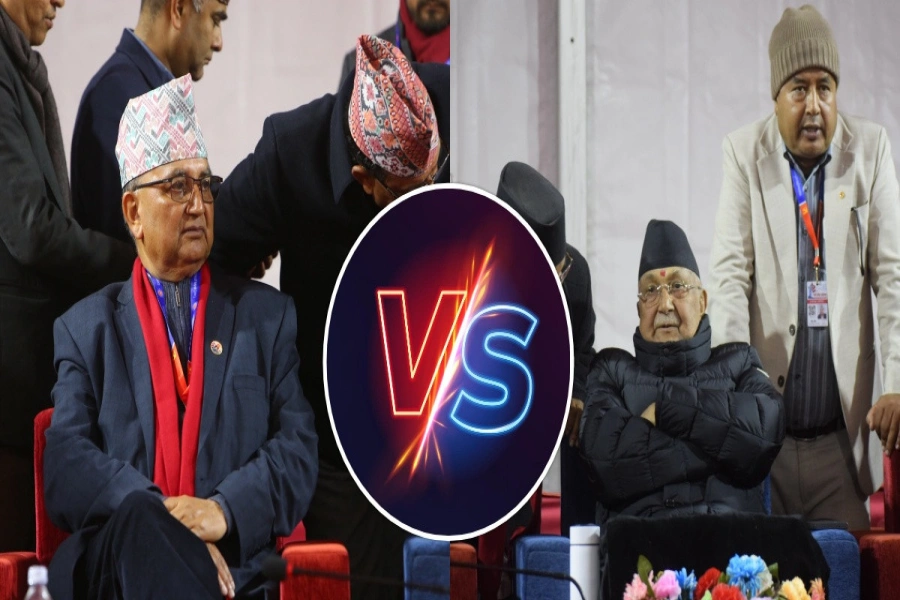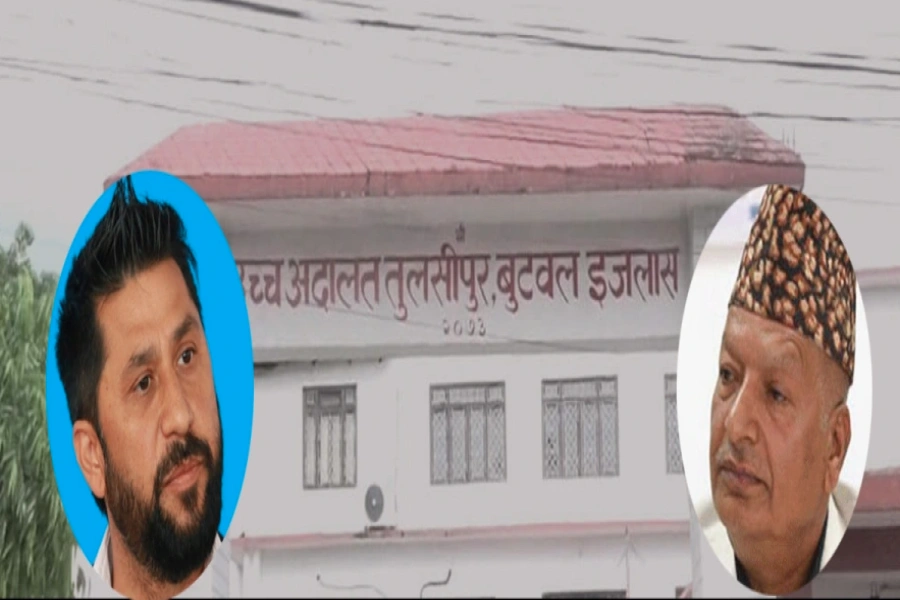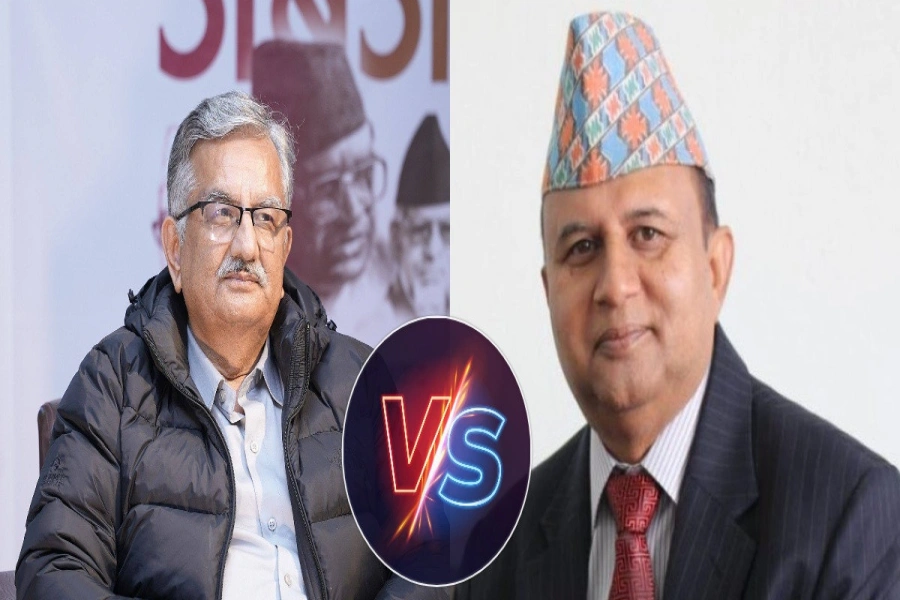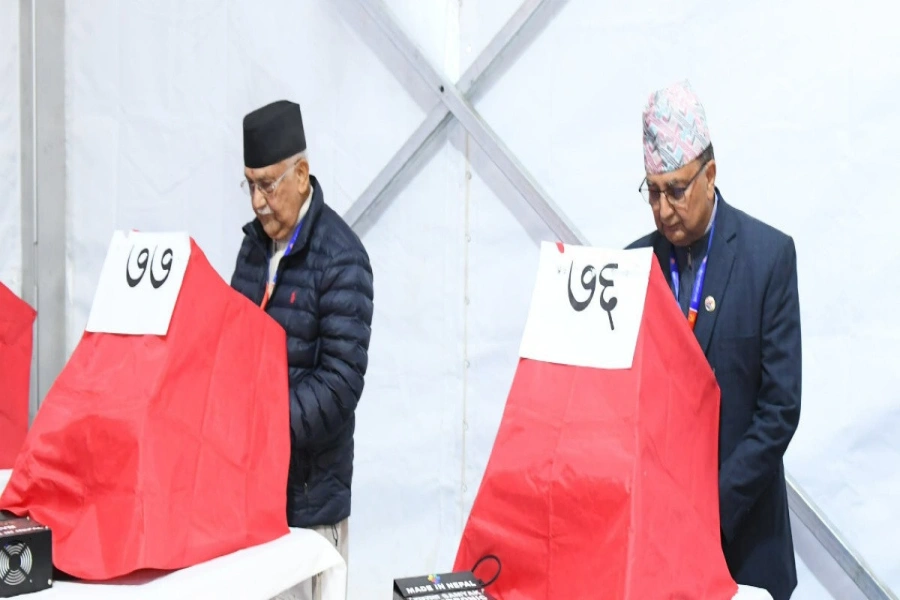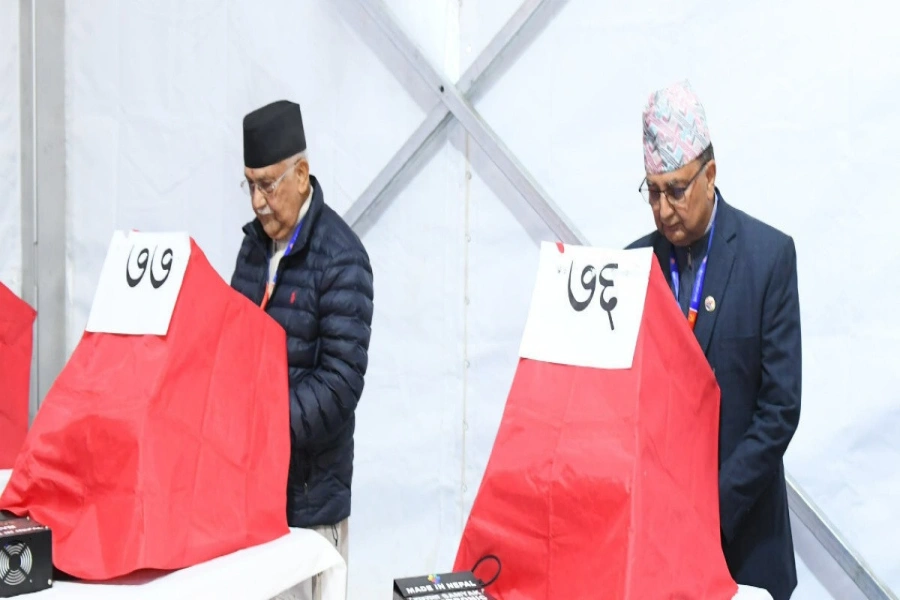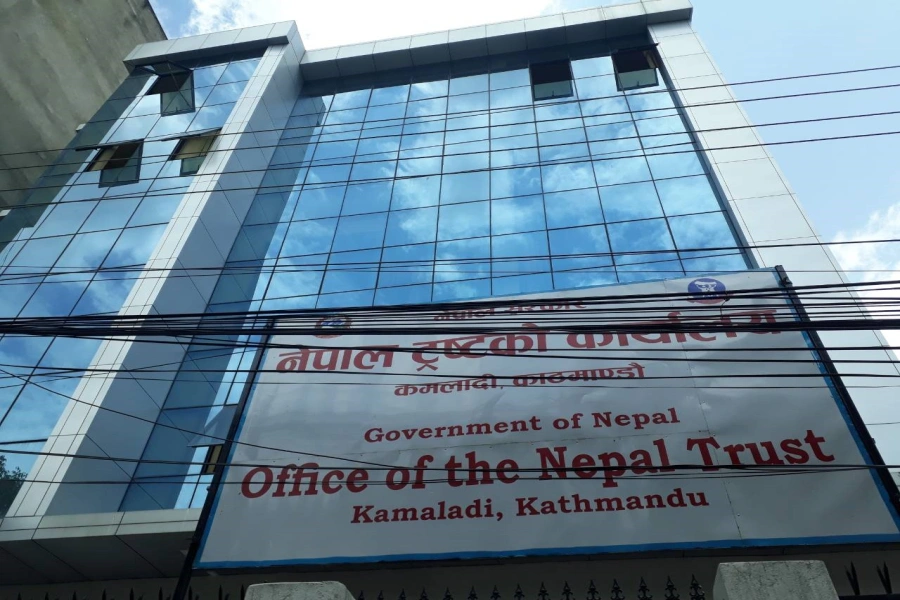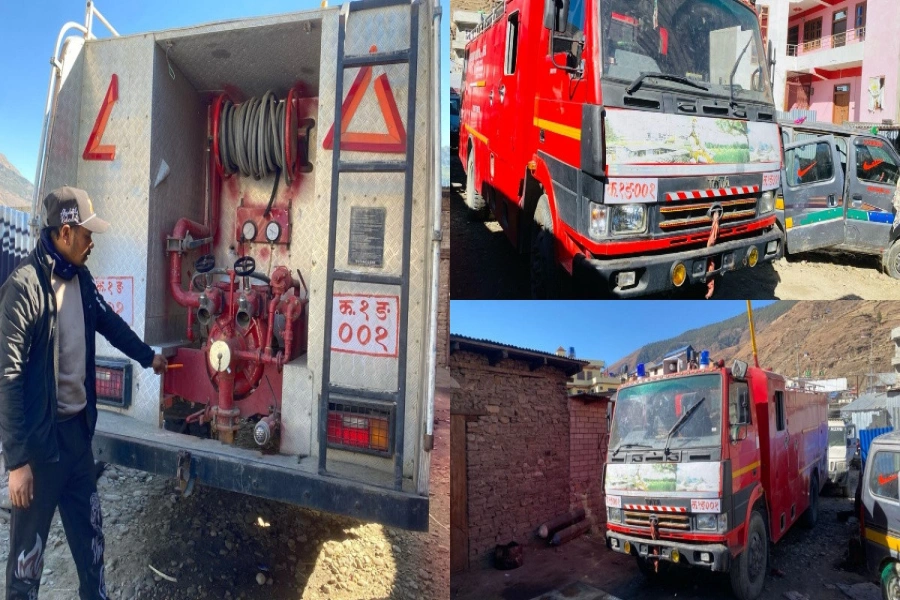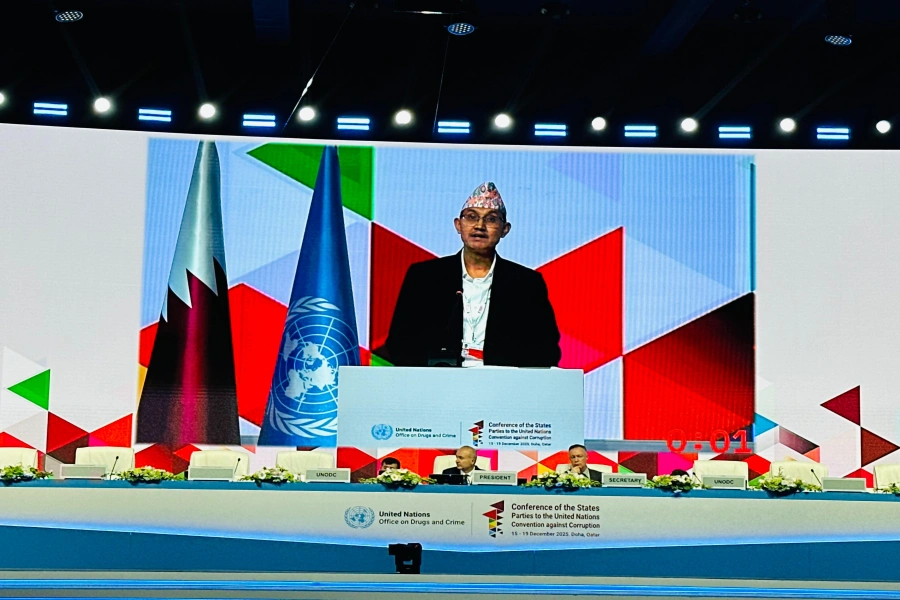KATHMANDU, March 18: The Supreme Court (SC) has issued a mandamus in the name of the government to set up a separate juvenile court (children's court) within this fiscal year to hear cases related to children. This is not the first such order issued by the SC. The court explained that even after more than three decades of having a legal system for the establishment of a juvenile court, the government’s failure to establish a juvenile court is a lack of responsibility and good governance.
The full text of the judgment passed by the division bench of justices Anil Kumar Sinha and Til Prasad Shrestha on September 24, 2023 was made public on Friday. The SC has also commented on the repeated failure of the government to implement previous orders and judgments related to the formation of a juvenile court.
The court maintains that it will persist in issuing orders for the enforcement of legal provisions. However, if these orders are disregarded by the government, it would undermine the very principles of the rule of law, reads the text of the verdict issued by the SC. Furthermore, the failure to implement court orders would contravene Article 128(4) of the Constitution, which mandates adherence to the Supreme Court's interpretation of the law.
Currently, there are more than 500 cases involving children pending at the courts across the country. Because of this, the workload in the courts is increasing, highlighting the need for establishing the juvenile court. Advocate Ajay Shankar Jha filed a writ petition in the SC demanding the constitution of a juvenile court as per the law as the case was dismissed by a full-time justice. According to the demand of the petitioner, the SC has issued the mandamus.
SC issues mandamus to resolve ‘juvenile cases’ within 120 days

Currently, cases involving children are handled by the children's bench within respective courts. However, there hasn't been a dedicated justice appointed to oversee such cases. Moreover, the existing children's courts lack child-friendly features, and there is a lack of proper infrastructure to facilitate proceedings, hearings, and judgments in a child-friendly manner.
As a result, children's issues have not been given priority. Although the law stipulates that cases should be resolved within 120 days, this timeline has not been adhered to. The SC has had to repeatedly issue directives to ensure timely decisions on cases involving children.
Child-friendly justice is acknowledged as a fundamental right of children in the constitution. Provisions for the establishment of Children's Courts have been included since the Children's Act of 2048 BS. Section 30 of the current Children’s Act, 2075 BS, maintains this provision. Moreover, the National Policy on Children, endorsed by the Council of Ministers, has also affirmed its dedication to establishing children's courts.
On November 25, 2005, the Supreme Court ordered the formation of a juvenile court in response to Santosh Kumar Mahato's writ petition. This mandamus was issued as it is a mandatory provision of the Act, requiring the immediate establishment of a juvenile court.
"Now, since the issue of establishment of children's courts is not solely subject to the government's discretion, necessary criteria have been determined based on the consultation of the Judicial Council on the number of cases in the district where children's courts are to be established. Accordingly, children's courts will be established within this fiscal year," the Supreme Court order has stated. It further reads, "It is considered that the mandamus will be issued in the name of the Prime Minister and Council of Ministers' Office, the Ministry of Women, Children and Senior Citizens, the Ministry of Law, Justice and Parliamentary Affairs and the Attorney General's Office." The order also mentions conducting a monitoring of whether the order has been implemented or not.
In many countries around the world, recognizing the importance of addressing children's issues with special consideration, specialized structures have been established. Nepal, acknowledging this necessity, has enshrined child-friendly justice as a fundamental right in its constitution. Despite having legal provisions for the establishment of a separate children's court to handle cases involving children, implementation has been lacking.
The petitioner in the writ petition has urged for the establishment of children's courts in districts with at least a hundred or more cases concerning children. The SC has delegated the determination of the number of child-related cases deemed sufficient to warrant the formation of juvenile courts to the relevant authorities, either independently or in accordance with criteria set by the Judicial Council. The verdict emphasizes the Judicial Council's responsibility in this matter, highlighting the unique nature of cases involving children compared to regular ones.
The court emphasized that proceedings and hearings involving children should be handled differently from regular cases. "Issuing an order to establish a juvenile court solely based on case numbers in a district with similar statistics may not be appropriate," stated the SC. "Given the escalating seriousness and complexity surrounding the formation of juvenile courts, it may not be feasible to establish a separate structure at the appellate level at this juncture, especially considering the challenges encountered at the district level," the order reads.
The court maintains that the establishment of children's courts is an imperative issue that must be addressed promptly. Moreover, the National Policy on Children, ratified by the Council of Ministers on April 16, 2012, has stated the urgency of setting up a juvenile court in the Kathmandu district to handle juvenile justice cases, with plans for gradual expansion to other districts.
The SC finds it surprising that the juvenile court could not be formed even though it has been approved by the Council of Ministers and an order for the same was issued by the court.



